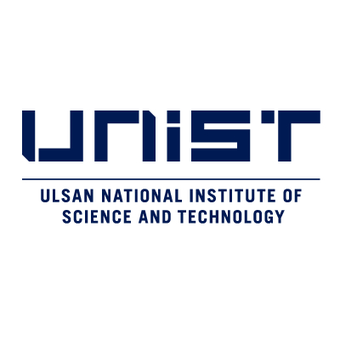Event Details
|
The Design Thinking Research Symposium (DTRS) series brings together international academics with a shared interest in design thinking and design studies coming from a diversity of disciplines. On several occasions, DTRS organizers have shared a dataset (typically video-based data with protocol transcripts) with symposium participants for distributed analysis, with each participating research team using their preferred methodology and addressing their theoretical interests. This data-sharing approach was initiated in the seminal "Delft Protocol Workshop" (now also labeled DTRS2), which was organized by Kees Dorst, Nigel Cross, and Henri Christiaans in 1994, where verbal protocol data was collected from professional designers in a controlled context. DTRS7, organized by Janet McDonnell and Peter Lloyd, involved professional designers (architects and engineers) working in their natural habitats, and DTRS10, organized by Robin Adams, involved design review conversations in a design education setting. For DTRS11, organized by Bo Christensen, Linden Ball and Kim Halskov, the dataset concerned extensive in situ collected video-based data of everyday professional design team activity traced longitudinally, notably involving cross-cultural co-creation with users. The publications stemming from DTRS11 are coming out now in the form of journal special issues of Design Studies and CoDesign, and a book publication. The Design Thinking Research Symposium 12 (DTRS12) takes place from 15-16 November 2018 at South-Korea, Ulsan National Institute of Science and Technology (UNIST), and is organized by Henri Christiaans. The theme of DTRS12 is: Tech-centered Design Thinking: Perspectives from a Rising Asia. True to tradition DTRS12 invites international academics and researchers with a shared interest in design thinking to study a shared dataset and come up with their own perspectives and insights. Similar to DTRS symposia in the past the shared dataset (covering workshops with Korean companies, and interviews with Korean academics and designers) provides a common frame of reference. Compared to earlier protocol analysis studies in DTRS, the data might be less rich in terms of solving design problems on the spot. The ultimate goal is that you as design researcher brings about data, that help both industry and the research community in understanding Design Thinking as applied in that industry. It contributes to the further development of design methods. What we expect from you as participant is, that you will use the dataset for cross-cultural comparisons, based on your experience and your work for or with industry. With so many perspectives from all over the world DTRS12 will be a very promising and interesting confrontation. |

When
Location
- Ulsan National Institute of Science and Technology, Ulsan, South-Korea

